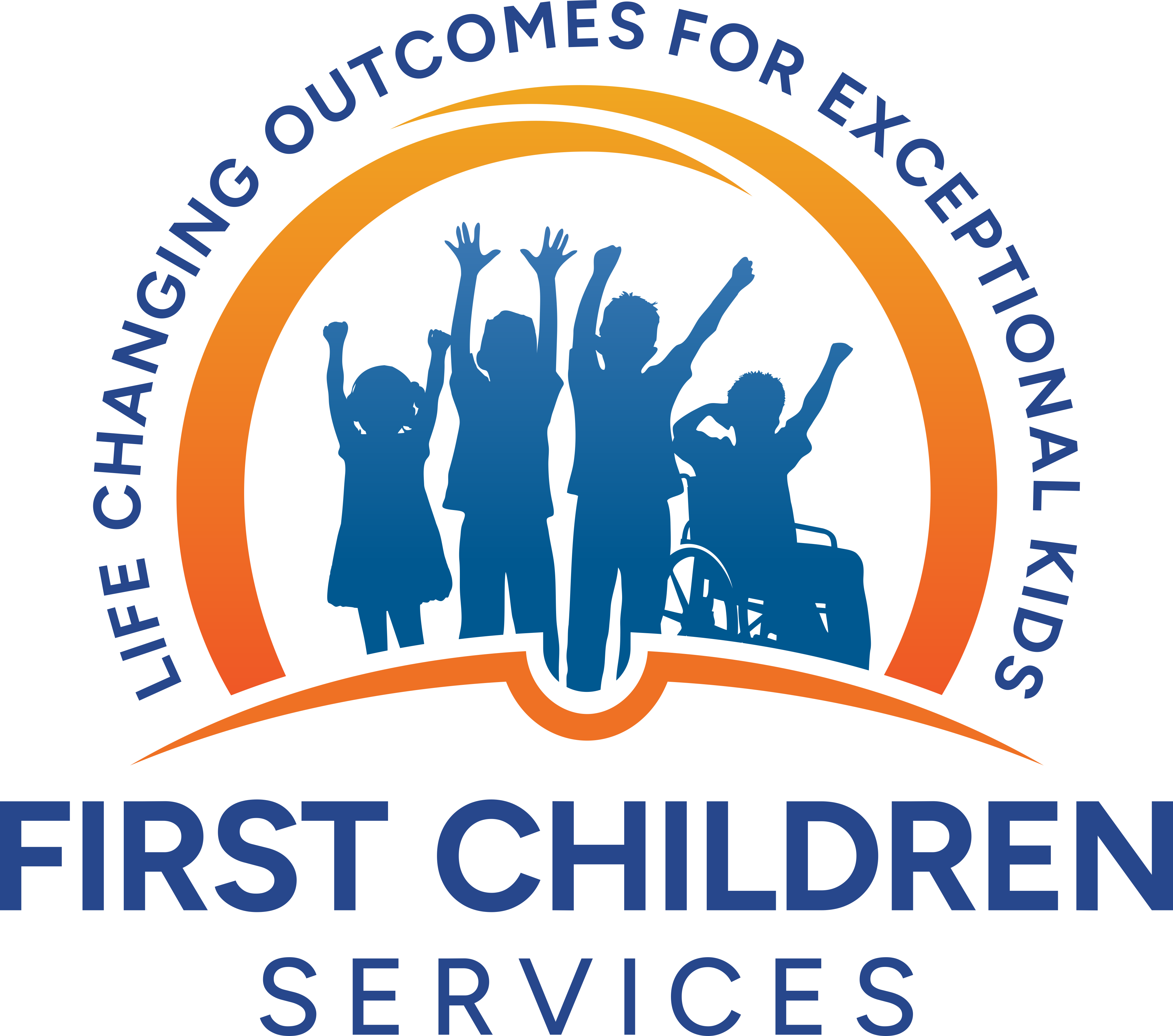By Jay S. Cohen, M.Ed, Transitions Program Supervisor
Returning to school this fall will be exciting for many students, but some will be experiencing feelings of anxiety and fear. Certainly, the spread of COVID-19 has had serious implications in our lives and students are feeling these changes deeply. We offer the following suggestions to help anxious children navigate some complex concerns they may be encountering when going back to school.
Beginning the 2020-2021 school year after being home for five months during the global pandemic will be stressful. You can help to ease a child’s anxiety by having open communication about what it is that is worrying them and telling the student that it is quite realistic to feel anxious during these unprecedented times.
Children may experience feelings of nervousness about returning to school, especially since they have been learning at home for months. Be candid with children by explaining and discussing some of the changes they may see at school, including daily temperature monitoring while maintaining social-distancing. Most likely, children will find it awkward adjusting to physical social-distancing from teachers and peers while at school. We suggest encouraging children to explore other ways to stay connected.
Review the school’s safety measures with the children. Be certain to reassure children that these protocols have been designed to enable students and teachers to stay healthy. Also, remind your children that they can help to reinforce recommended hygiene standards by washing their hands often with soap and coughing or sneezing into their elbow. Remind children about the positives – that they will be able to see their friends and teachers while continuing to fulfill the requirements of the mandated curriculum.
As classes resume, it will be important for parents to be calm and proactive in conversations with children. Parents should let their children know that they care very much about their feelings and how they are doing. Expecting that emotions will frequently waver, you will need to convey to children that these changes are okay.
In addition to checking in on children’s emotional health and learning when they go back to classes, be sure to stay alert for signs of stress and anxiety. COVID-19 may be impacting children’s mental health, and it is important to demonstrate that it is normal and reasonable to feel overwhelmed at times. Remember that support and empathy will be time-proven tools to help children adjust to their current situation.
If a child’s anxiety becomes overwhelming or leads to panic attacks, consider reaching out for support from your school and/or a mental health professional.
